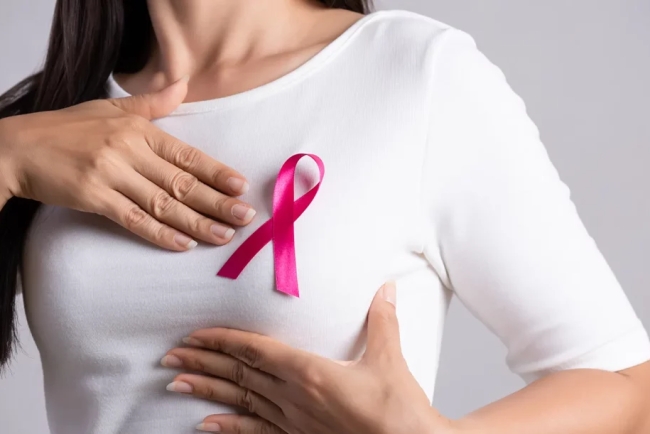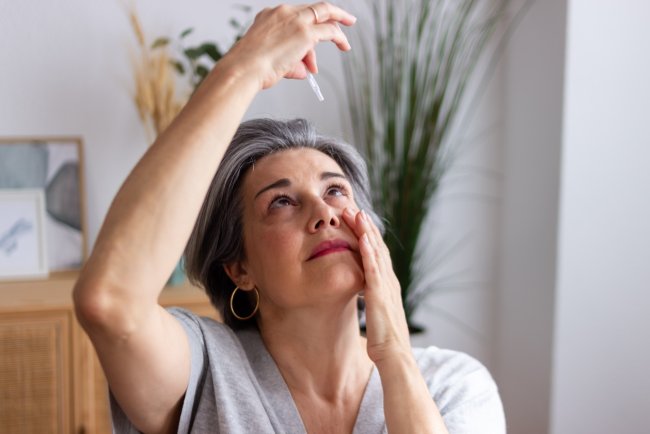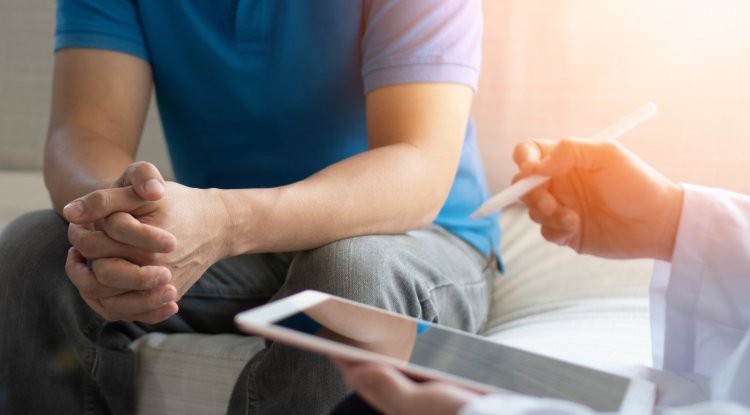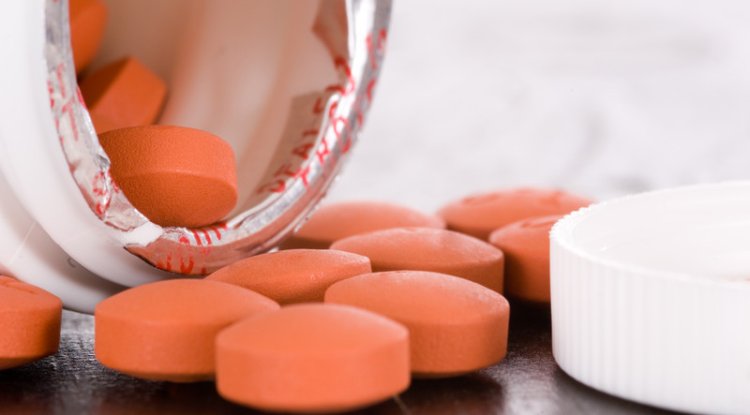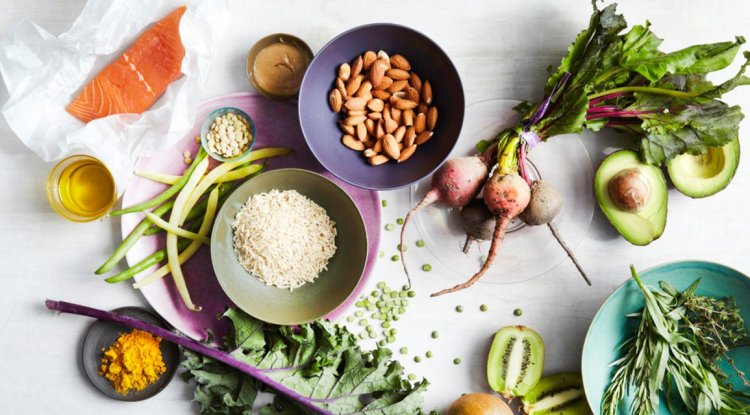Why do I get my period so little Everything you need to know about menstruation
The period is a phenomenon that almost all women in the world know about, but... Do you know why exactly the period occurs? Do you know what is normal and what is not in the menstrual cycle? We tell you everything there is to know about menstruation.
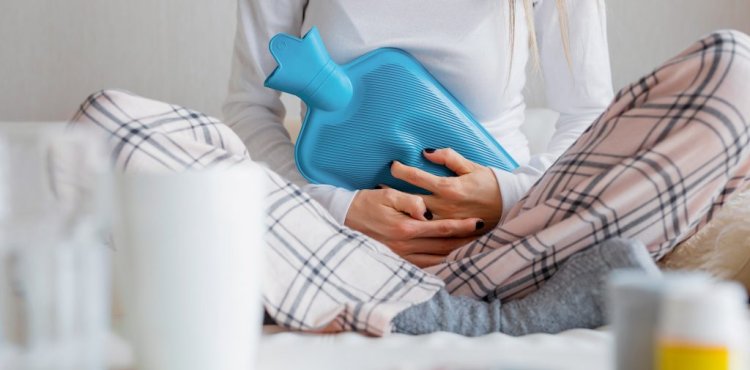
The period is a phenomenon that almost all women in the world know about, but... Do you know why exactly the period occurs? Do you know what is normal and what is not in the menstrual cycle? We tell you everything there is to know about menstruation.
The period indicates the beginning of a menstrual cycle. It occurs when the egg found in one of the fallopian tubes is not fertilized by any sperm. Then, the endometrium, which was prepared to receive the fertilized egg, is no longer needed and falls off.
To
summarize, every 28 days the body prepares for pregnancy and if fertilization does not occur, vaginal bleeding occurs to eliminate the endometrial tissue of the uterus, that is, the lining of the uterus that has been created expressly for a possible pregnancy.
Menstruation usually lasts between three to five days and can be preceded by menstrual discomfort (dysmenorrhea) such as abdominal pain, general discomfort, headache, and fatigue This
set of symptoms is known as premenstrual syndrome. Each woman suffers from it differently, but leading a healthy lifestyle and taking care of your diet will help you carry it with more energy. Before telling you more, we give you several tips that can help you prevent premenstrual pain.
When do you get your period for the first time?
The first period (menarche) usually occurs for the first time during puberty, between the ages of 10 and 15. On average it is usually at 13 years old. The arrival of the first period indicates that fertile life has begun and a woman can become pregnant. Normally, a woman has menstruation until age 45 to 50, at which time she enters menopause and her period stops permanently.
Why can my period be delayed for a month?
Normally, the menstrual cycle lasts 28 days. However, some women have a longer menstrual cycle, and others have a shorter one. If the menstrual cycle lasts between 21 and 35 days it is also considered normal. But there are women with irregular periods and each month the cycle length varies.
It is common that during the first two or three years following the first menstruation, the cycle is irregular and does not last the same each month. As the years go by, the menstrual cycle usually becomes regular. But what causes can explain a menstrual delay or alter the length of the cycle? These are the most frequent.
- Pregnancy. Pregnancy is one of the most common reasons why a woman can stop having her period. During pregnancy, a woman does not have menstruation and it usually returns several months after the baby is born. This time may vary depending on each woman and depending on reasons such as the way of feeding the baby, for example.
- Disease. Amenorrhea is the absence of menstruation. This may be due to various health problems such as abnormalities in the uterine mucosa, psychological trauma, or anorexia, for example. Normally, when the problem is solved, the cycle usually returns to normal. If menstruation has stopped for no apparent reason, it is advisable to go to the doctor.
- Menopause. Menopause is a vital stage in a woman's life that indicates the end of her fertile life. When this moment arrives, menstruation stops completely. The cause is a drop in the production of estrogen levels. Normally, this hormonal change is accompanied by symptoms such as hot flashes, weight gain, or insomnia.
How many days does menstruation last?
Menstruation varies greatly depending on each woman. Generally, the period usually lasts between 3 and 7 days, but it always varies from woman to woman. Just as the amount of flow we expel can vary, although it is normally between 50 and 150 ml. Generally, 70% of the losses occur in the first few days, and then it decreases until brown spotting. The texture can also vary depending on our blood, it is even normal to see some clots when we have our period, which are differentiated by being denser. If you get very little period and it lasts very little, it could always be for some of these reasons:
Birth control pills: birth control pills cause the flow to decrease considerably. So if you are taking it and notice that it decreases significantly, consult your gynecologist.
Stress and emotional disturbance: stress, daily worries, or more serious problems cause a hormonal imbalance to occur. This also affects the menstrual cycle, and delays or minor flows are very likely to occur.
Low level of body fat: poor diet and a sedentary lifestyle also affect menstruation. When body fat decreases, anemia can occur, and therefore period flows can be very reduced.
Size of the uterus: poor flow can also be derived from having a smaller than normal uterus, either by surgery or naturally. This produces less activity in the uterus, which gives less frequent and smaller menstruations.
Absence of ovulation: another cause may be so-called hypomenorrhea, which is the absence of ovulation due to a low level of thyroid hormone, and high levels of prolactin or insulin.
Even so, you must go to your gynecologist if you see any type of anomaly or are not sure. They will be able to give you a solution with much more precision, not only knowing your symptoms but with an examination and the tests that the doctor requires.
Why do you bleed with menstruation?
Menstruation is menstrual vaginal bleeding that is mainly composed of endometrial tissue and blood. The endometrium is the uterine lining and each month, if fertilization does not occur due to pregnancy, this tissue is removed to prepare the body for the next menstrual cycle. The volume of blood removed is different for each woman but is usually 50 to 100 milliliters each month.
How is a menstrual cycle structured?
A menstrual cycle usually lasts about 28 days and the first day of bleeding marks the beginning of the cycle.
A menstrual cycle is usually divided into three stages: the hemorrhagic stage is when bleeding occurs; the follicular, the one in which the endometrium prepares for a possible pregnancy and the secretory, in which hormones are released if fertilization has occurred or the endometrial layer degenerates for its expulsion in case there has not been fertilization.
What discomforts does menstruation cause?
Menstruation is usually preceded by what is known as premenstrual syndrome. This usually occurs one day before bleeding or during the first to second day. The usual thing is abdominal pain of lesser or greater intensity. In addition, some women suffer from general malaise, nausea, headache, tiredness, or irritability.
False beliefs about menstruation
Menstruation is a nuisance for many women even though it cannot be avoided and occurs every month. Andeven thoughat having a period is a natural and necessary process, it continues to condition the daily lives of many women. However, although during menstruation days there are indeed plans that are better to postpone for another time, these are becoming fewer and fewer. We analyze the most established myths about periods!
- You can have sexual relations during menstruation. In theory, there is no problem in maintaining intercourse during the days of bleeding. It can just be a little uncomfortable and unhygienic.
- You can do any sport during menstruation days. There is no contraindication to swimming or enjoying your favorite sport. The only reason that can prevent you from practicing sports is discomfort due to excessive bleeding or discomfort due to premenstrual syndrome
. - Menstruation is not a cleansing process. Although many people believe it, menstruation is not a cleansing process for the body. It is simply a process of tissue regeneration to prepare the body for pregnancy.
- Menstruation does not make the mayonnaise cut. Yes, this is a popular belief that is not true. Even though a woman is menstruating, she can prepare sauces and cook without fear of the recipe spoiling.
If you want to know the experience of other women who are curious about periods, you can do so. There you can also share what happens to you and learn more about the topic. Of course, although this may help you, do not forget to go to a specialist who will assess your case personally.
What's Your Reaction?







